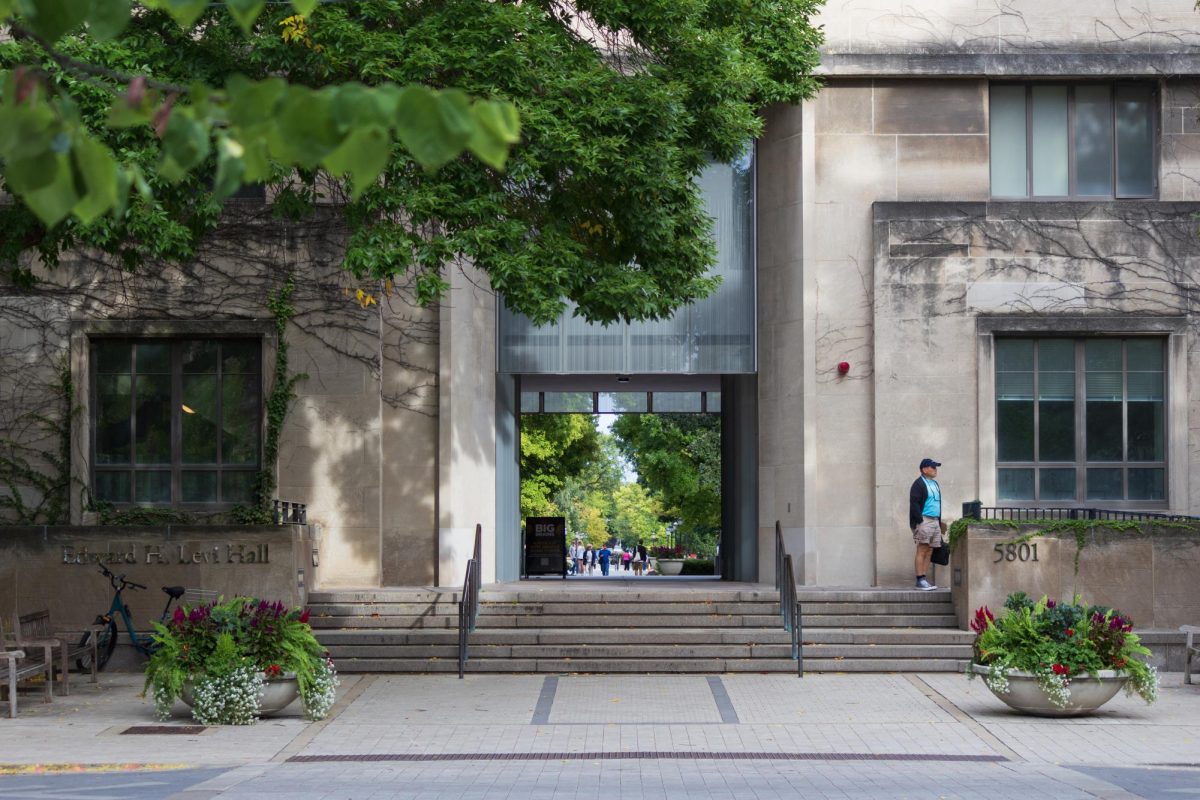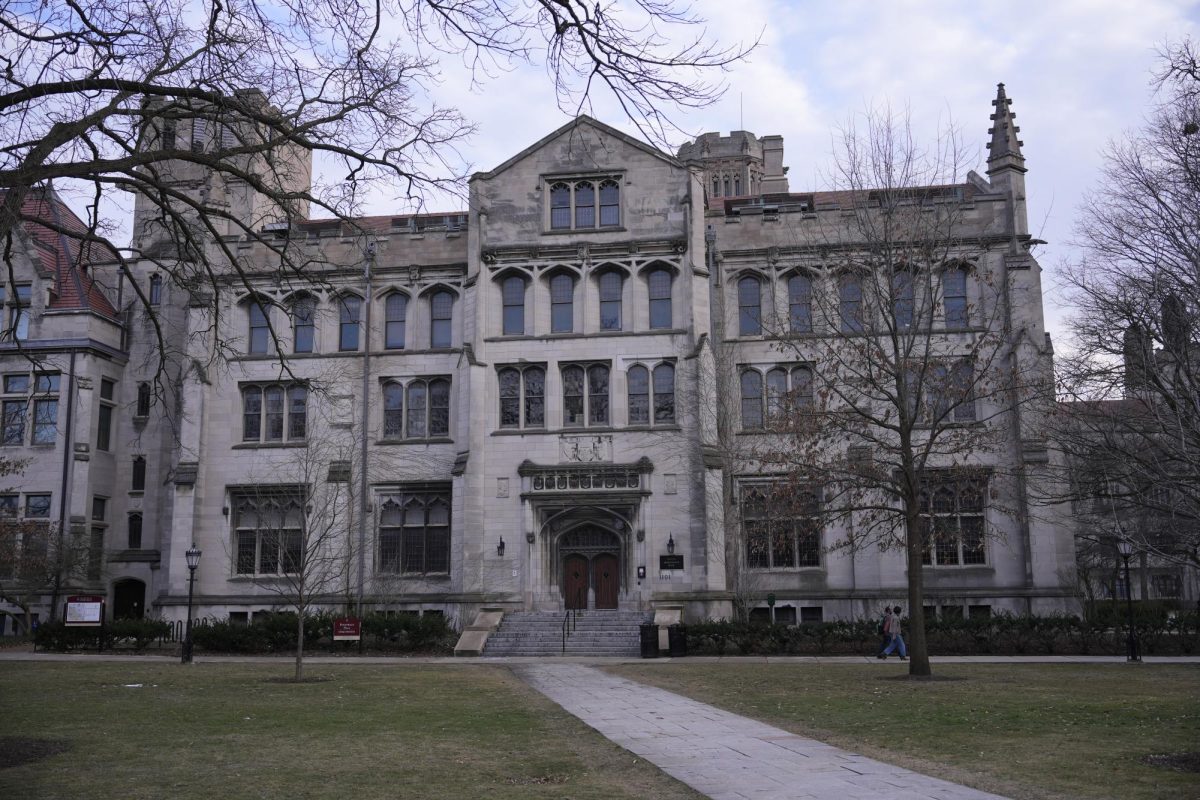Mega-churches are a hoot. One summer when I was working as a reporter in Chicago, I covered the opening of the country’s second-largest church, which cost $50 million and housed more than 10,000 people. It was built to help salvage a community downtrodden by crime, alcoholism, drug addiction, and general lack of morale due to poverty.
Why a hoot? A state senator gave me and a Tribune reporter a private tour: The church boasted three regulation basketball courts, a big swimming pool for baptisms in a separate room, a giant stage, more than 30 televisions, and a laundry room (for clothed pool divers) to boot. While intended as a transformative public-aid vehicle, it was funded independently and through a religious organization. But religious groups sometimes get money from Washington.
Recent news—notably a New York Times graphic this week—has shown that the government’s funding of religious groups increased from 1989 to 2006, skyrocketing to an all-time high over that period. And now, the 110th Congress has already funded a religious abstinence-only program in Alabama for $80,000. Disturbed yet?
No one disagrees that private organizations should remain independently funded. But religious groups should follow this credo more than any other kind of private organization out there. The government’s spending on religious organizations threatens the establishment clause of the First Amendment. First, it tends to favor Christian organizations, and second, even if this funding was given equally to all religious groups, what about the country’s non-religious people? Since when is it the government’s job to promote one religion over others, let alone promote religion at all? Such funding challenges the secular nature of our government and brings with it undertones that are nothing less than invasive and inappropriate.
But what’s the harm in Congress giving a religious group some money to rebuild some roads? It might be nice to fund projects of religious groups who “just want to do good,” but there’s a line that needs to stay visible, and it’s being blurred in the name of otherwise innocent (albeit gratuitous) projects. That line is our old friend known as separation of church and state. There is a fundamental conflict of interest here. With the $80K program in Alabama, we’re not going in the right direction.
At the gas pump a few weeks ago, a woman in a green shirt approached me with a friendly smile. She handed me some paper ads promoting her church, then offered to pump my gas for me as “a blessing.” I hesitated, then said, “Sure, thanks.” So I sat back, and it was all good. No one’s against these religious groups providing free charity, but then…it’s often gratuitous. I can pump my own gas. Of course, other instances of community service are more helpful, but how helpful religious groups are is a moot point. Why should private charities or organized religion do the government’s job? Many Republicans often advocate that the government should do less and leave more to charities, but—putting aside the debate on that point—when the charities are religious, separation of church and state begins to break down.
Even while that mega-church I mentioned is private, you’ve got to wonder: Who’s fixing the problems here? Look at Hamas. Now, naturally the church doesn’t compare to Hamas in terms of threat level, as the latter is rooted in terrorism. But it does compare with Hamas in being both religious and a primary source of public aid for its respective community. If we let religious groups take care of the country’s social problems, we face a troubling blurring, even crossing, of the line. As dependence grows on Hamas, for example, mentality is affected. And soon, religion is a dominant force in the stead of government. Hamas built its following of religious fundamentalists by being a provider for families with no easier way to get access to hospitals and schools. When religion is your provider, your world lens becomes drastically limited.
But hey, conservatives often argue that religion is the foundation for laws anyway. Okay, then screw the First Amendment—is that what they’re really saying? I’m not going to get into reasons why the amendment is where it is, but it is arguably our government’s most sacred hallmark. What makes this country unique is that it is the one nation that so prides itself in its multiple voices, ethnicities, political views, and background—that it thrives on checks and balances from the micro- to the macro-levels. Once we begin to favor any religious groups—religion being a most intimate issue for the individuals who make up this country—we start to move into dangerous waters. Sure, there’s no harm done in a road getting repaired. But if we keep going at this rate, we’re knowingly losing touch with our distinguished profile as a cohesive, heterogeneous nation with a government that represents these values. Whether the organization uses the money directly for its religious cause—for example, abstinence programs—or for less religious projects like road repair, government spending for any explicitly religious organization is an outrageous violation of the rights of the non-religious of this country. It implicitly encourages otherwise secular nonprofits to go religious—if you go with God, maybe you can get more federal money. How novel.








